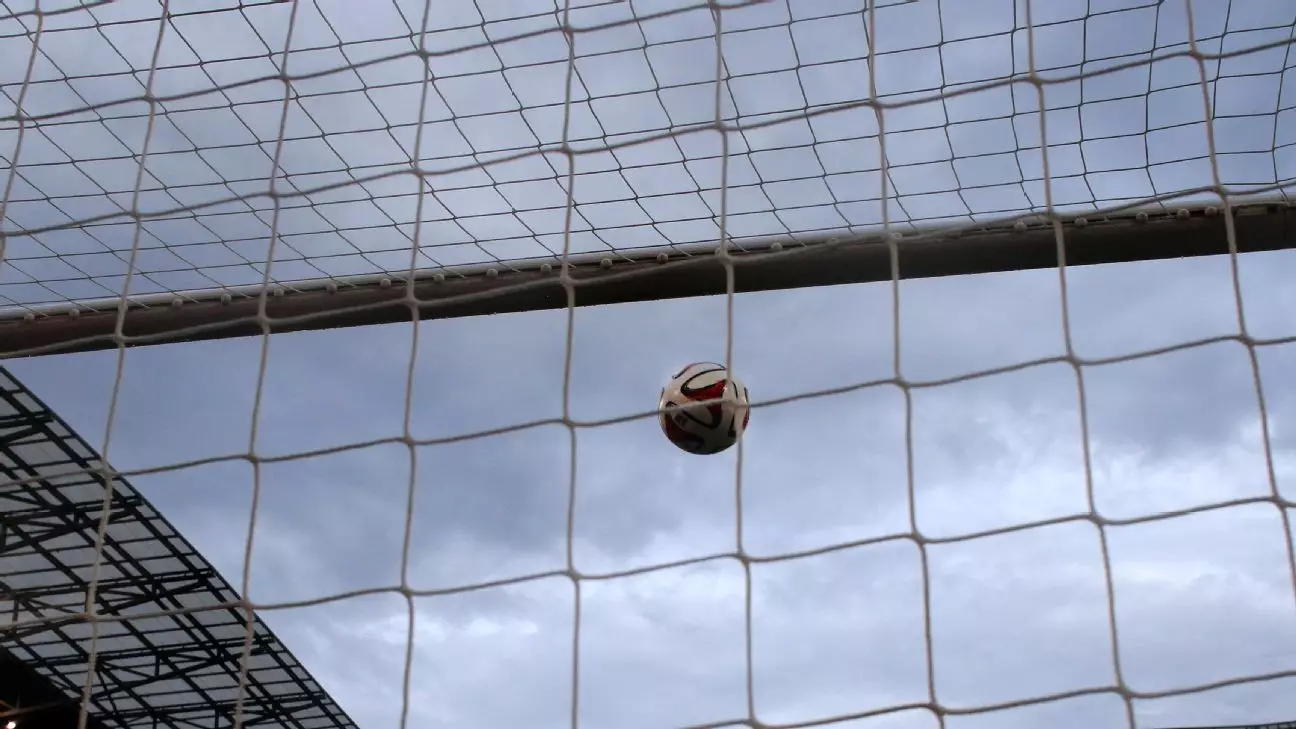The issue of racism in football is a pervasive problem that continues to plague the sport, drawing international condemnation and sparking heated debates about player conduct and accountability. A recent incident involving the River Plate women’s team brings to light the complex dynamics of racism in sports, particularly the various repercussions faced by athletes and clubs alike when these issues arise.
In December, during a highly charged semifinal match between River Plate and Brazil’s Grêmio in the Brazil Ladies Cup, a serious incident unfolded. Argentinian player Candela Díaz allegedly gestured inappropriately toward a ball boy, mimicking monkey-like actions that were recorded on live broadcasts. This behavior triggered a cascade of reactions, including a brawl on the pitch, leading to the game’s suspension. The tensions escalated to a point where six players from River Plate received red cards, resulting in a disqualification of the match, which was ultimately awarded to Grêmio.
Following the incident, the four River Plate players involved—Díaz, along with Camila Duarte, Juana Cángaro, and Milagros Díaz—were arrested and spent time incarcerated, even during the Christmas season. The Sao Paulo court’s eventual decision to release them under judicial supervision, requiring them to report monthly, showcases the legal complexities surrounding incidents of this nature and the seriousness with which such allegations are treated in Brazil.
The Brazil Ladies Cup organizers took a firm stance against future occurrences of racism by announcing a two-year ban on River Plate from the tournament. This decision emphasizes the importance of governing bodies in setting strict protocols to address racism in football. Furthermore, Grêmio’s coaching staff corroborated that previous discriminatory remarks had been made, highlighting that this was not an isolated incident but part of a broader pattern of unacceptable behavior within the sport.
Reactions from Players and Clubs
Despite the gravity of the situation, the Argentine players have remained silent about the allegations, leaving fans and commentators questioning their perspective on the matter. River Plate, while condemning the actions of its players, asserted its commitment to taking disciplinary measures and eliminating such behaviors. This response reflects a broader trend in professional sports where teams grapple with internal accountability and public perception in the face of racism.
Broader Implications for Soccer Culture
This incident encapsulates the ongoing struggle against racism in soccer, a theme that has reemerged with pressure from fans, players, and advocacy groups. Across the South American landscape, racial discrimination has been a frequent point of criticism, particularly during cross-border matches. The reactions and policies adopted in the wake of such incidents may possess the potential to redefine how football can combat and mitigate racism within its ranks, influencing a cultural shift that promotes equity and respect throughout the sport.
The River Plate women’s team’s situation serves as a crucial reminder of the urgent need for continued action against racist behavior in sports. Progress requires not only punitive measures but also proactive education and awareness initiatives within clubs and organizations. Until comprehensive strategies are in place, the fight against racism in football will remain an unfinished chapter in the sport’s ongoing narrative.


Leave a Reply